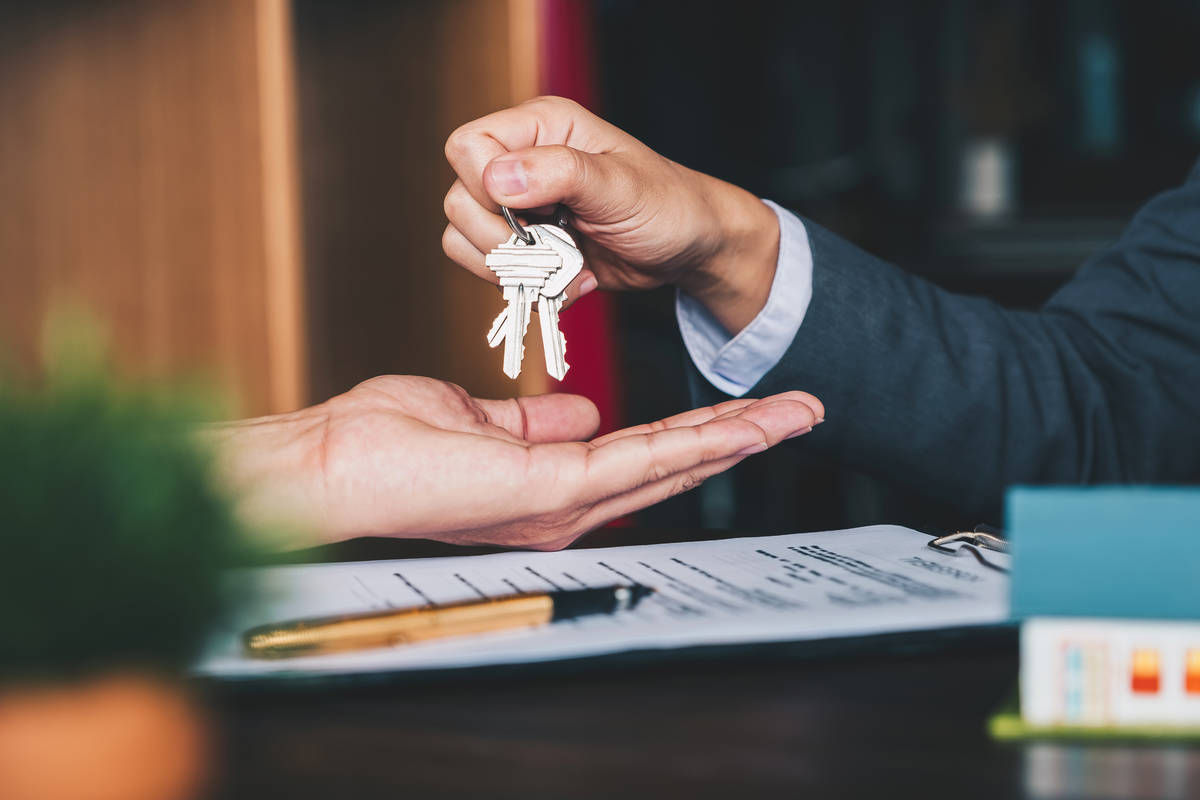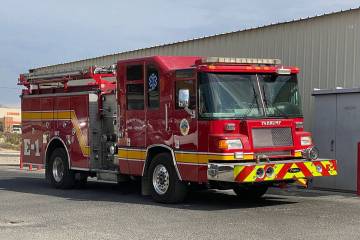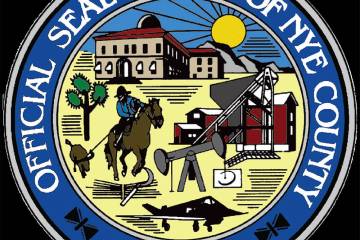AG Ford announces $2 million for rental assistance
Nevada Attorney General Aaron Ford on Tuesday announced $2 million in settlement funding for emergency rental assistance transferred to United Way of Southern Nevada and United Way of Northern Nevada and the Sierra, funding which will go directly to Nevada families in need of emergency assistance.
Additionally, the attorney general’s office created an informational flyer on the Gov. Steve Sisolak’s directive halting evictions to help renters and landlords understand their rights.
“One of the most important things we can do as state leaders and as human beings is to keep Nevada families in their homes and prevent further suffering,” Ford said in a statement. “Every minute, another Nevada family calls my office for help so they won’t end up homeless. I am immensely proud that my office is able to prevent wrongful evictions, as well as provide emergency rental assistance funding to our trusted community partners at United Way.”
The funding is part of a previously announced settlement agreement with Wells Fargo. The transfer of the funding received approval from the Legislature’s Interim Finance Committee Tuesday morning.
United Way of Southern Nevada and United Way of Northern Nevada and the Sierra are the state’s administering agencies for the Emergency Food and Shelter Program established by Congress in 1983.
This additional funding from the Office of the Attorney General will supplement that program until the next set federal appropriation is released next fall. The funding will help thousands of Nevada families stay in stable housing and prevent a further crisis of homeless families in the state.
The governor’s directive, issued March 29, paused eviction and foreclosure proceedings and will remain in place as long as Nevada is in a state of emergency. The directive applies to traditional renters, those residing in extended stay motels and weekly rentals and homeowners with mortgages.
Those who test positive for COVID-19, including health care workers, will be able to continue working without fear of eviction, but nobody is free of rent or mortgage obligations.
The payments are still due for the time the property is occupied, but the directive encourages negotiating payment plans or other agreements within 30 days after the governor declares an end to the state of emergency.
Landlords are not allowed to assess fees for late rent payments during the state of emergency, and the pause on evictions includes those already filed in the courts. Evictions are still allowed if a tenant poses a danger to other tenants or the public, is engaging in criminal activity or is damaging the property.
The attorney general’s statement specifically noted that a danger to others does not include people who have been diagnosed to COVID-19 or people who might have been exposed to it.

















